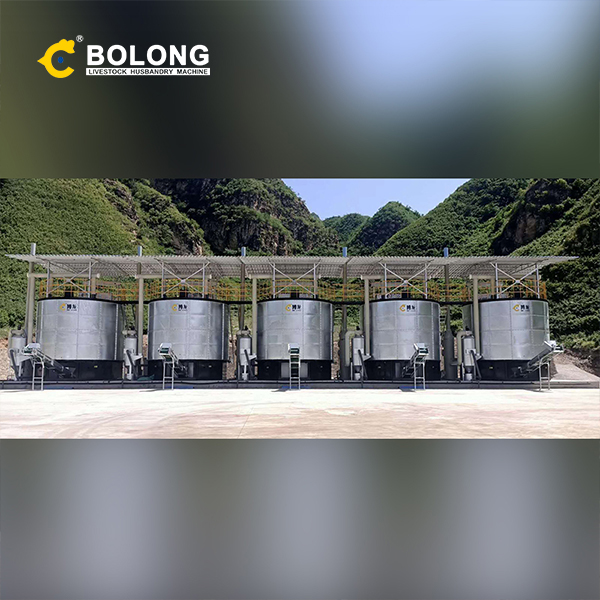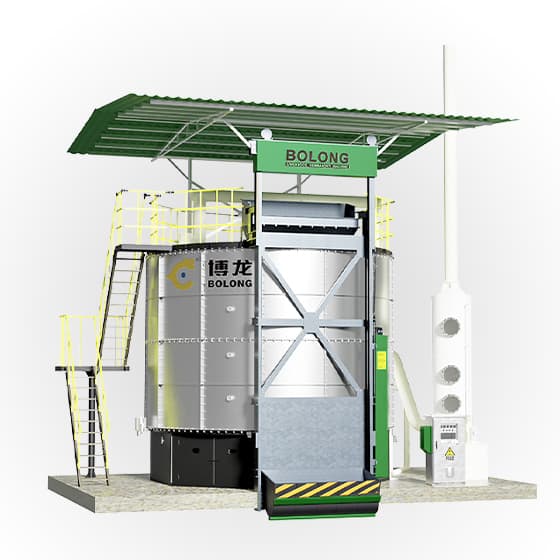Introduction: Farm profitability depends on efficient resource management and sustainable practices. Livestock fermentation tanks contribute to farm profitability by improving manure management and creating new revenue streams. This article examines their impact.

Cost Savings: Fermentation tanks reduce manure management costs by minimizing labor, transportation, and disposal expenses. Efficient composting also reduces the need for chemical fertilizers, saving costs.
Revenue Generation: The compost produced can be sold as a valuable organic fertilizer, generating additional income for farms. This new revenue stream supports overall farm profitability.
Sustainability Incentives: Many regions offer financial incentives and subsidies for farms adopting sustainable technologies like fermentation tanks. These incentives reduce the initial investment costs and enhance profitability.
Case Study: A poultry farm installed fermentation tanks and experienced a 20% reduction in manure management costs. The farm also generated revenue by selling compost, resulting in a 15% increase in overall profitability.

Conclusion: Livestock fermentation tanks positively impact farm profitability by reducing costs, generating revenue, and benefiting from sustainability incentives. These advantages support the financial viability and sustainability of modern farming operations.